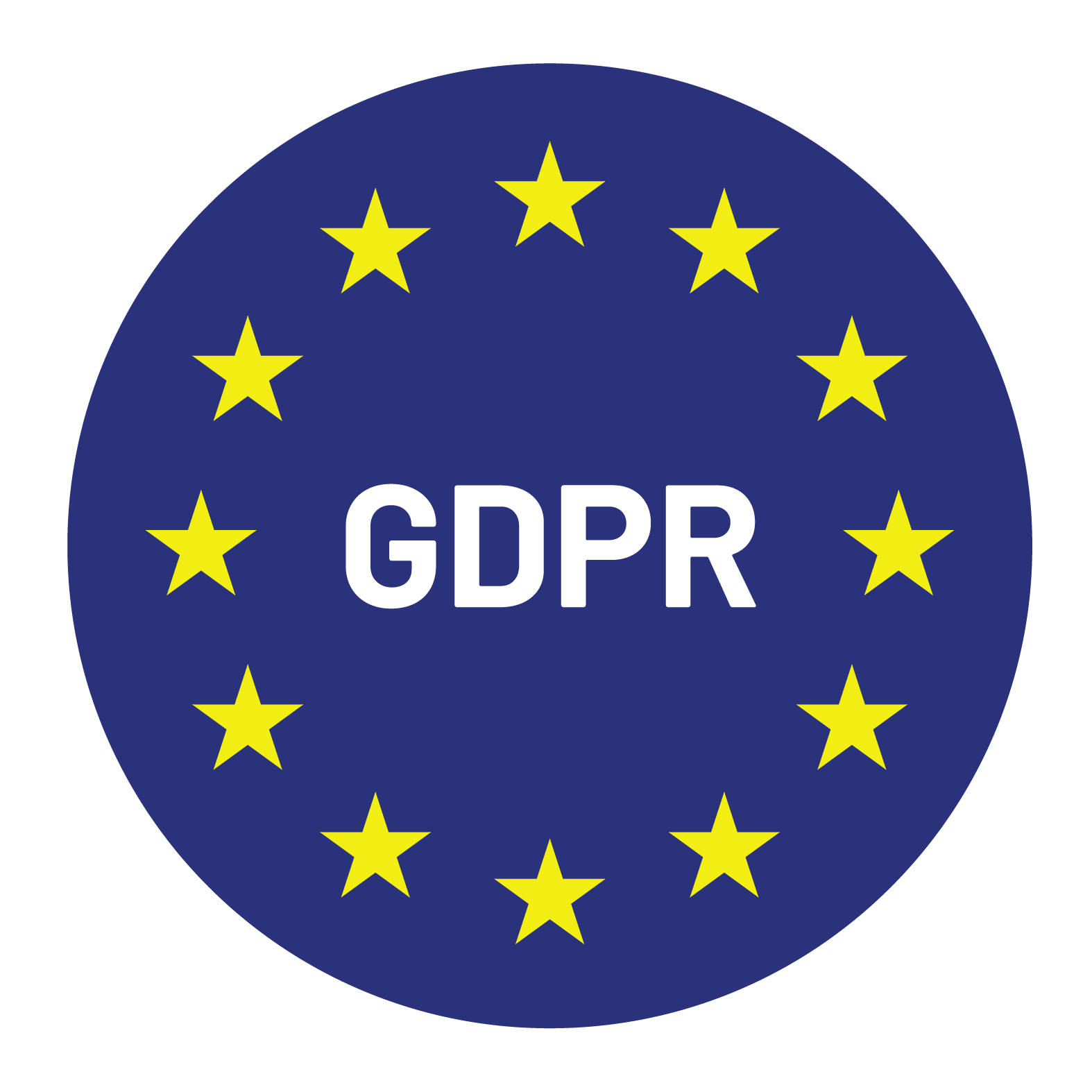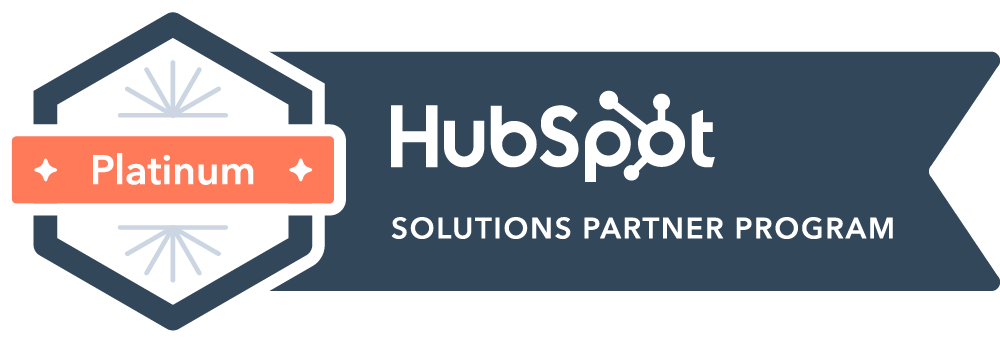

Content Writer for Whistle with multidisciplinary experience spanning over a decade.
Sales development leaders often assume that experienced SDRs will consistently outperform those who are new to the role. The logic seems straightforward: with more cycles under their belt, seasoned reps should be better at handling objections, navigating sales processes, and converting prospects. But data from top-performing sales teams tells a more complicated story.
While experience provides advantages in certain areas, newer SDRs often bring energy and adaptability that can translate into higher success rates, especially in fast-moving industries. A fixation on experience alone can lead companies to overlook high-potential candidates who, with the right training and support, may ramp up faster and deliver better results.
Through our work with SDR teams across industries, Whistle has identified patterns that challenge the conventional wisdom around experience and performance. Here, we’re uncovering seven insights that reveal who truly drives better results and why the best SDR teams strike a balance between seasoned reps and fresh talent.
Experience in sales development can be valuable, but it doesn’t always translate into stronger performance. Many companies rely on tenure as the primary factor in SDR hiring, assuming that candidates with more years in the field will ramp up faster and close more deals. However, hiring primarily based on experience comes with risks.
For one, it narrows the talent pool. A highly motivated and coachable candidate with less direct experience may outperform a veteran SDR who is set in their ways. Additionally, experienced SDRs tend to expect higher compensation, which may not always align with their actual impact on pipeline generation. In some cases, seasoned reps may resist new strategies, relying too heavily on old habits that are less effective in today’s sales environment.
Instead of focusing purely on experience, companies need to consider what drives SDR success. The following insights provide a clearer picture of the factors that matter most.
One of the strongest indicators of SDR success isn’t tenure, it’s motivation. Highly driven SDRs, regardless of experience, tend to outperform those who lack the same level of energy and persistence. Motivation fuels higher call volumes, stronger follow-ups, and a willingness to refine messaging until it resonates with prospects.
An experienced SDR who has lost interest in the role may be less proactive in their outreach, while a new SDR who is hungry to prove themselves will often push harder to hit targets. Companies that prioritize motivation when hiring SDRs, looking at past performance in sales or other competitive environments can often identify candidates who will ramp up quickly and sustain their performance over time.
A strong SDR isn’t just someone who has been in the role for years; it’s someone who is constantly improving. The best SDRs are highly coachable, meaning they are open to feedback and willing to change their approach based on what works.
Experienced SDRs sometimes struggle with this. If a rep has had success using a specific strategy in the past, they may resist adjusting their tactics even if the market has changed. Newer SDRs, on the other hand, tend to be more open to learning and adapting their outreach style based on data and feedback.
Hiring for coachability ensures that SDRs remain effective in the long run. Even if a candidate has limited direct experience, their ability to take feedback and implement changes will determine their success far more than the number of years they’ve spent in sales development.
New SDRs often approach sales development without preconceptions, making them more willing to experiment with new outreach techniques. Instead of defaulting to traditional email and call strategies, they may be quicker to try video messaging, voice notes, or LinkedIn engagement.
This openness to innovation is critical in a sales environment where buyer preferences are constantly evolving. Many experienced SDRs rely heavily on methods that worked for them in the past, even when response rates decline. Newer SDRs especially those who are digitally native often have a better sense of how to capture attention in modern communication channels.
Sales technology has fundamentally changed how SDRs operate. The best SDRs today aren’t just strong communicators they are also highly proficient in CRM systems, automation tools, and AI-driven prospecting platforms.
Newer SDRs often enter the workforce with a higher level of comfort using digital tools, which allows them to optimize workflows and increase efficiency. While experienced SDRs can certainly learn new technologies, some struggle with adopting automation or data-driven decision-making, relying instead on intuition and outdated playbooks.
Companies that emphasize tech proficiency in their SDR teams will see stronger performance, regardless of experience level. The ability to leverage AI insights, personalize outreach at scale, and streamline workflows is increasingly a determining factor in SDR success.
Success in an SDR role requires the ability to handle rejection without losing momentum. While some assume that experienced SDRs are naturally more resilient, this isn’t always the case. Over time, some SDRs develop call reluctance, especially if they’ve been in the role for years and have faced repeated burnout.
New SDRs especially those with experience in high-pressure environments often approach rejection with a fresh mindset. Instead of seeing setbacks as failures, they view them as part of the learning process. Maintaining high energy and confidence despite challenges can drive stronger performance than experience alone.
While experienced SDRs bring valuable skills, they also command higher salaries. If a company prioritizes tenure in hiring, it may spend more on compensation without seeing a proportional increase in results.
Balancing the team with a mix of experienced and new SDRs allows organizations to scale effectively. Investing in structured training programs and mentorship can help newer SDRs ramp up quickly while leveraging the knowledge of seasoned reps in a way that maximizes overall team performance.
There is no one-size-fits-all approach to SDR hiring. The highest-performing teams aren’t made up solely of experienced reps or fresh talent, they are a mix of both.
Experienced SDRs bring industry knowledge and refined objection-handling skills, while newer SDRs contribute fresh perspectives, adaptability, and enthusiasm. The best teams create an environment where both groups learn from each other. Pairing newer SDRs with experienced mentors accelerates development while integrating new outreach strategies keeps the entire team ahead of the competition.
At Whistle, we don’t rely on outdated assumptions about SDR hiring. Instead of defaulting to experience as the primary qualifier, we assess candidates based on the qualities that actually drive success—motivation, coachability, adaptability, and tech proficiency.
Using data-driven hiring strategies and AI-powered insights, Whistle helps companies build SDR teams that deliver consistent pipeline growth. By structuring teams with the right mix of experience and fresh talent, we ensure long-term performance while optimizing costs and efficiency.
Experience plays a role in SDR success, but it’s far from the only factor that matters. Companies that hire based on motivation, adaptability, and resilience, rather than tenure alone, often see stronger performance and more scalable growth.
Whistle helps businesses rethink their SDR hiring strategy to build teams that consistently exceed targets. Contact us to learn how we can help you drive better results with the right SDR mix.


© Copyright – Whistle 2023